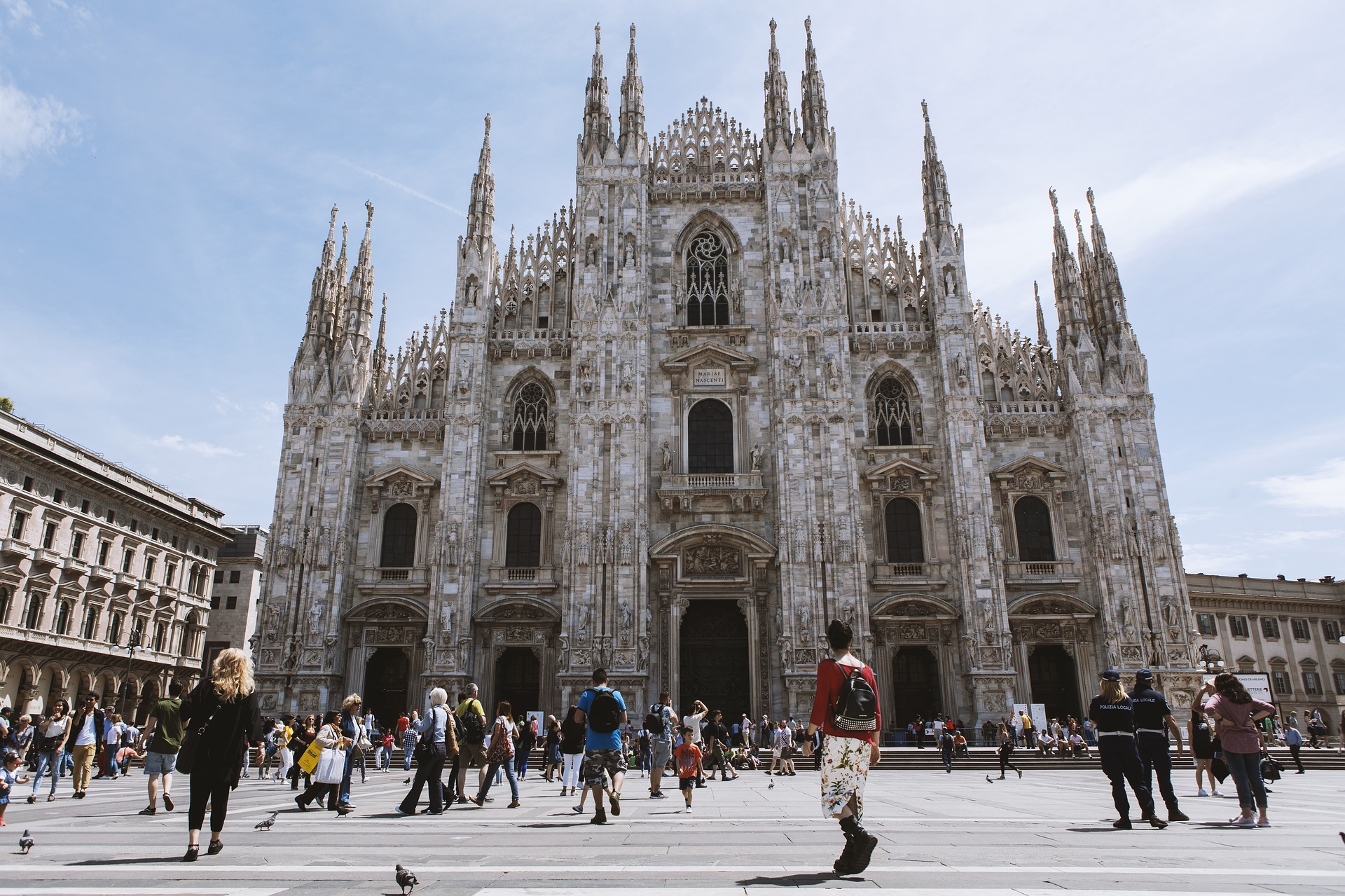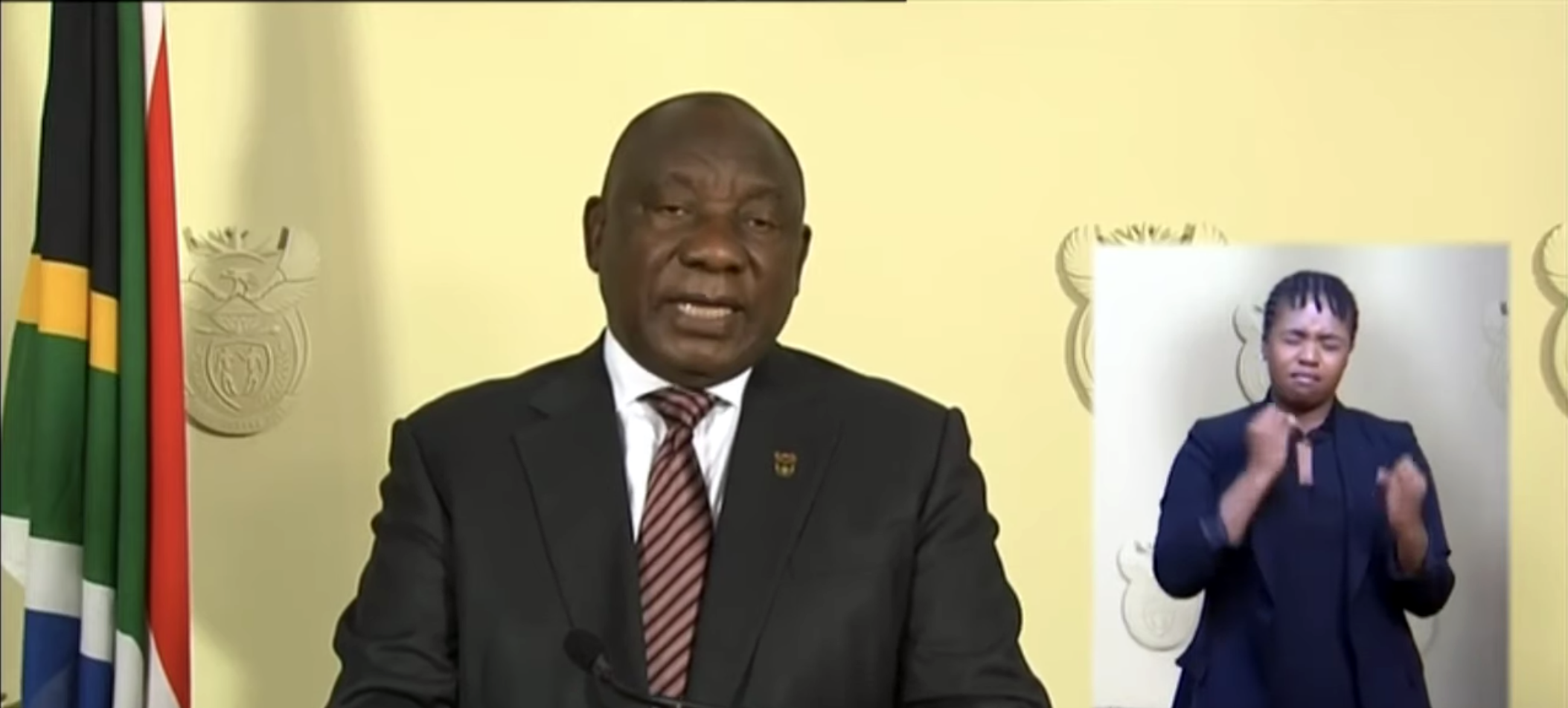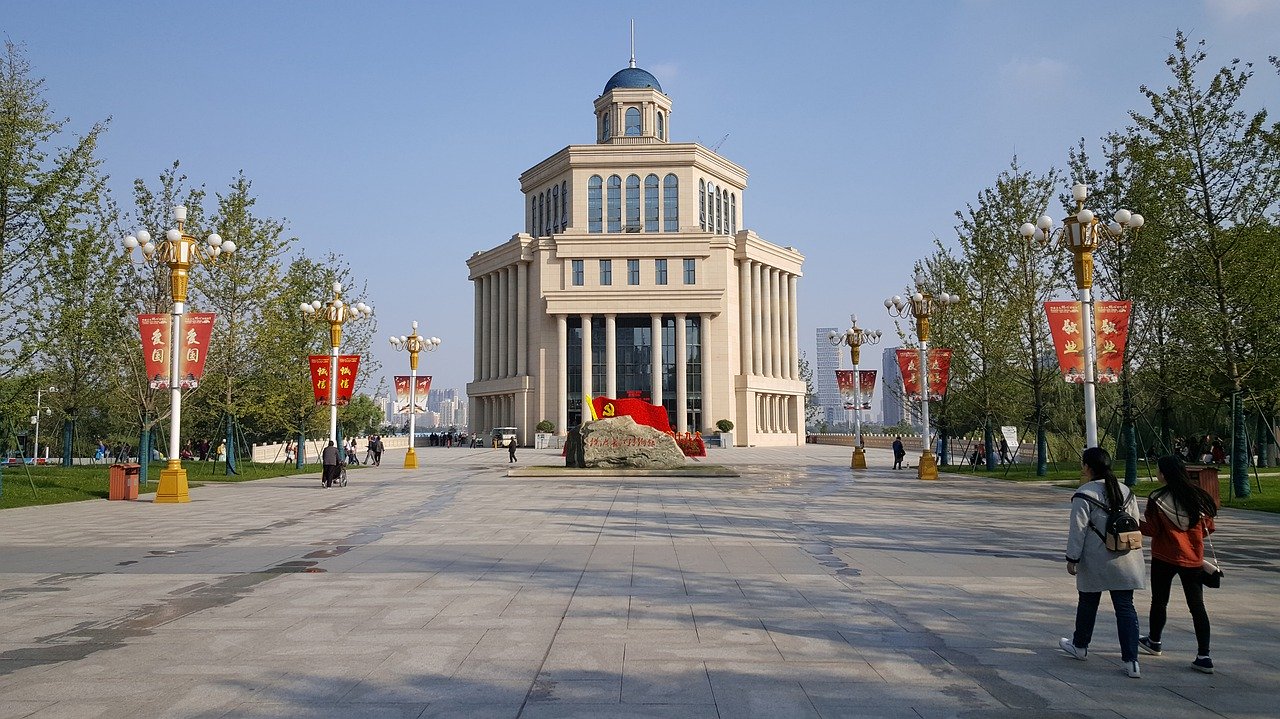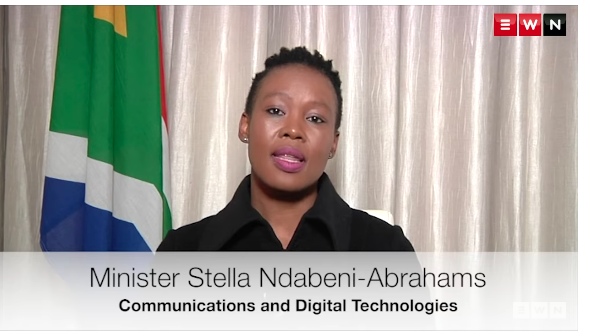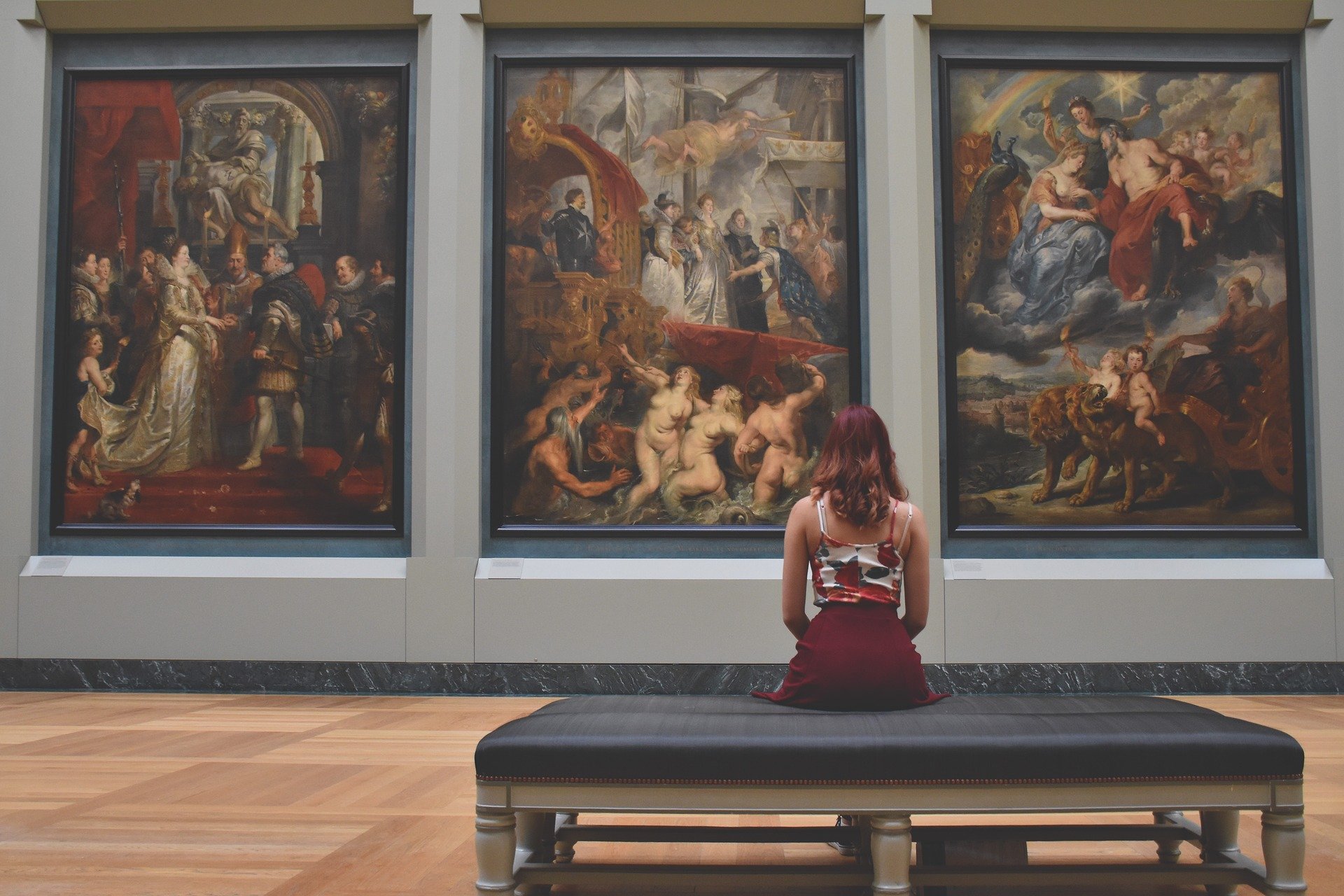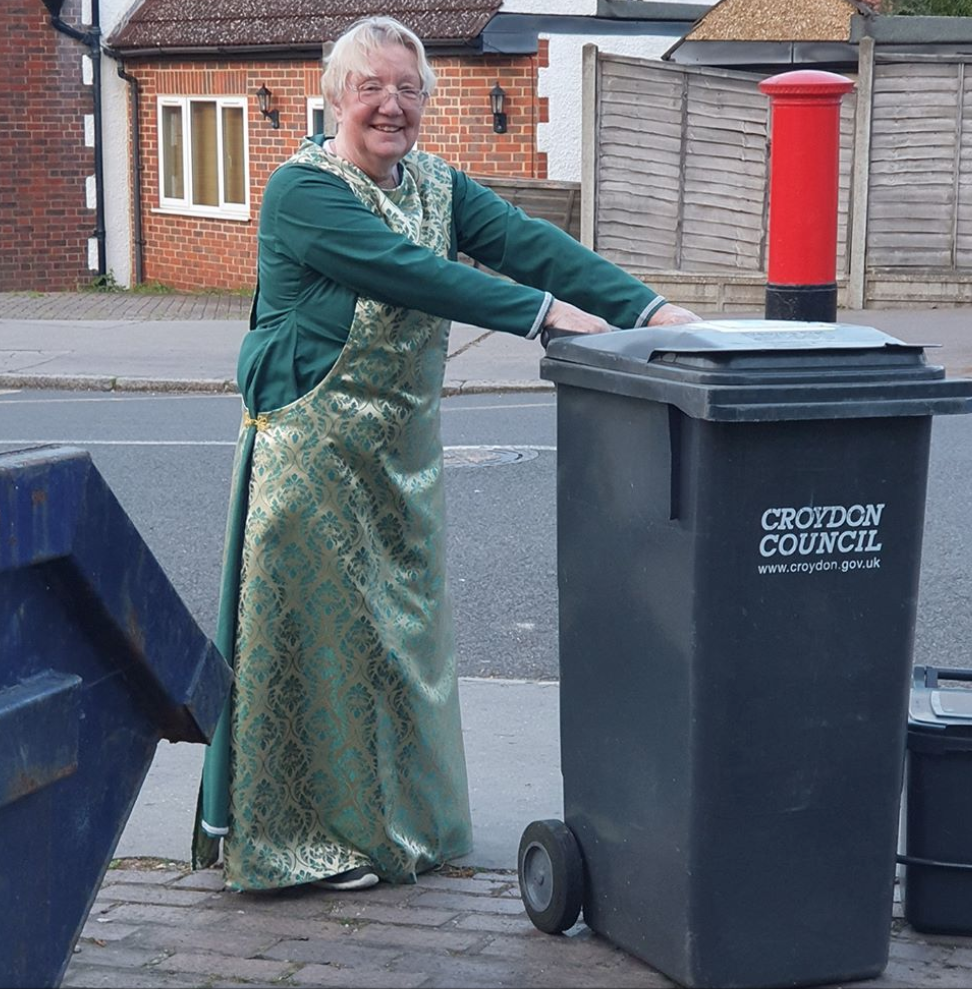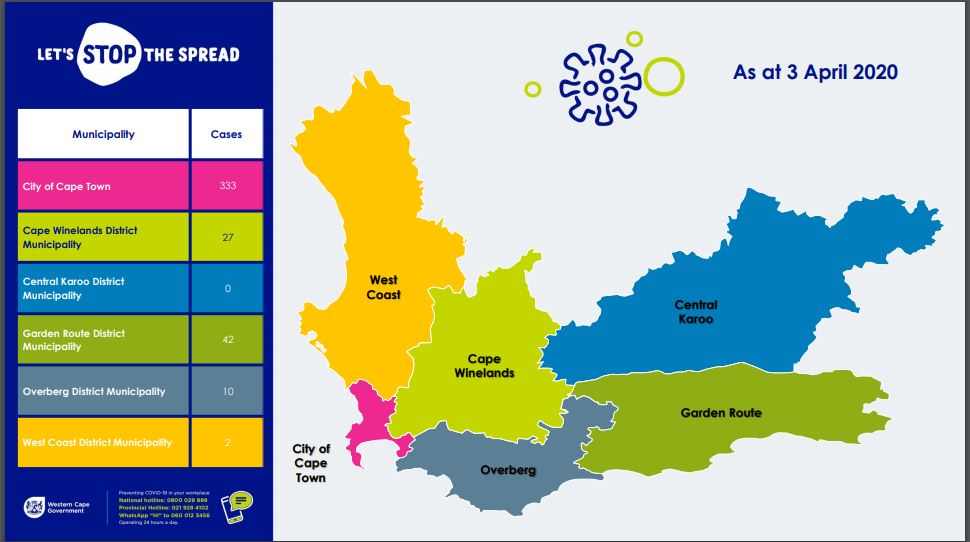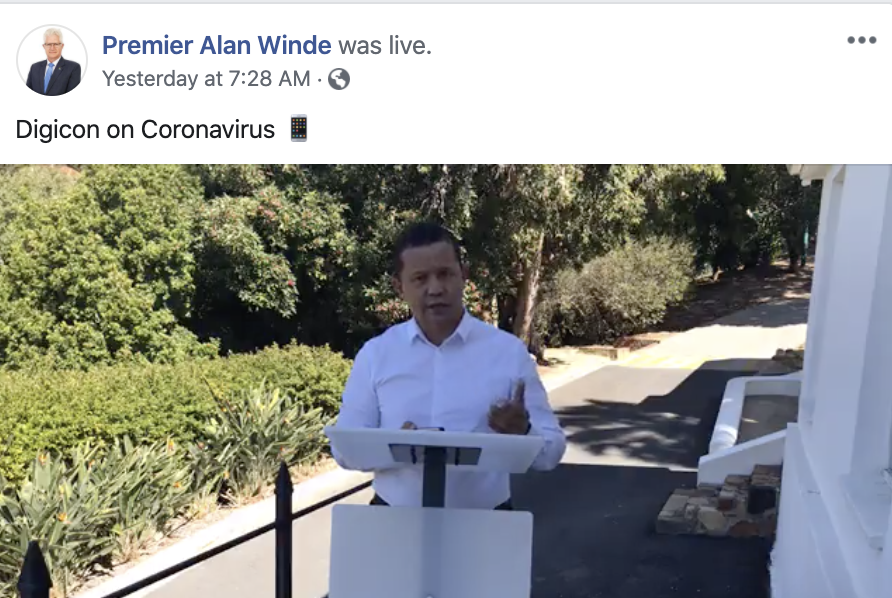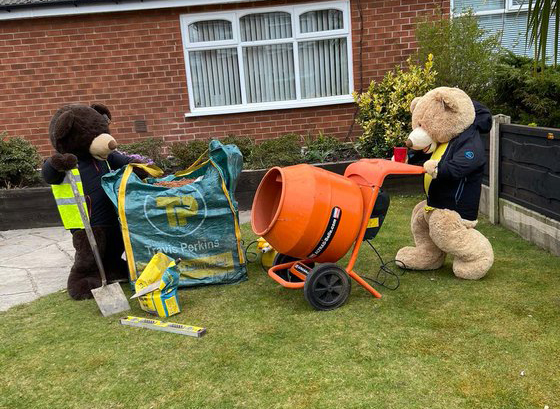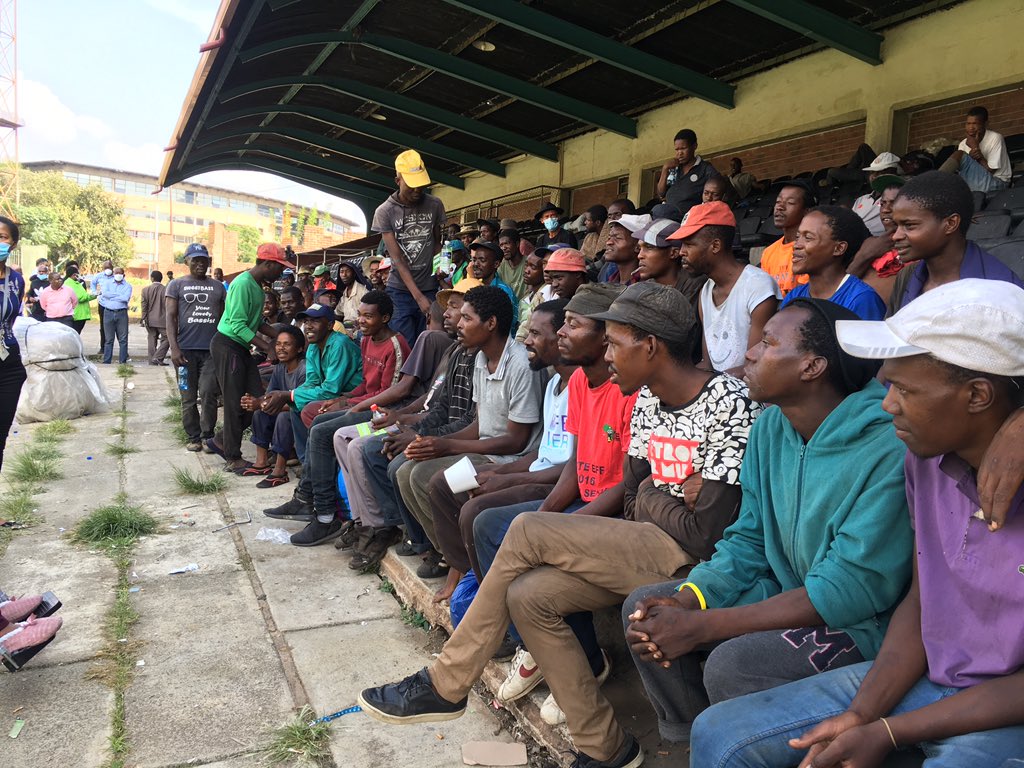MAIN IMAGE: Opera singer Andrea Bocelli will be performing at the Milan Cathedral in a virtual concert on Sunday. Source: Shen Xin, Pixabay
Andrea Bocelli will stand alone before the towering pillars of the Milan Cathedral. The room will be silent, although thousands of fans will be listening closely, awaiting his opening breath as he begins a rousing rendition of “Ave Maria”.
His voice will fill the empty chapel. No applause will be heard – for his audience will be miles away, possibly halfway across the world, listening with awe through the connective power of the internet.
This may be the future of musical performances – at least until the world has emerged from its coronavirus restrictions.
On Sunday, the renowned Italian opera singer will be streaming a live Easter concert from the Duomo that people across the world can watch. His virtual concert is just one of many examples of how people around the world are taking to digital platforms to share events and music to cope with difficult times.
The Easter concert, entitled “Music for Hope”, will be viewable on Bocelli’s YouTube channel at 7pmlocal time (Central European Standard Time), and will feature pieces like Mascagni’s “Sancta Maria” and an arrangement of John Newton’s “Amazing Grace”.
“It’s not a performance. It’s not a concert. It’s only a prayer,” Bocelli told the Associated Press on Wednesday.
He added, “I will go there to pray, and I’d like to think that everyone listening to me sing can pray with me.”
Bocelli’s virtual concert will follow Pope Francis’s virtual Easter mass, which will also be livestreamed around the world. This will start at 10:55am CEST.
Bocelli’s use of the internet to share his performance is a practice being picked up by many artists, both professional and amateur, around the world. Musical livestreams, artistic tutorial videos, and social media challenges have encouraged people to find new creative outlets as they are distanced from their normal work and social lives.
Opera fans can continue their at-home viewing with nightly streams from the Metropolitan Opera. This weekend, viewers can enjoy free filmed productions of Gounod’s Roméo et Juliette, Donizetti’s Don Pasquale and Mozart’s Cosi fan tutte.
Fans of pop, rock, and EDM may have been disappointed by the postponement of the American music festival, Coachella, until October. To fill the void, YouTube will be releasing the documentary “Coachella: 20 Years in the Desert”, which explores the history of the music festival, today.
The Grammy Museum in Los Angeles will also be bringing musical artists directly to their audiences via the internet. The museum is releasing digital content from its archives, including exclusive sit-down interviews with musical artists, from Andrea Bocelli himself to Billie Eilish and Sabrina Carpenter. Virtual exhibitions are also being released online, with slideshows from past exhibitions featured in the museum.
One group of amateur performers that utilized the internet to spread their voices is the Roedean School choir from Johannesburg. The girls’ boarding school produced a virtual choir that performed “Hallelujah” by Leonard Cohen as “a timely reminder that we are indeed #TogetherApart”.
Unlikely performers have appeared on the internet as well. On Thursday, the Cape Town Stormers rugby team released a video they had recorded a few days before lockdown started. The men came together in their team kit, not to compete but to perform with various South African celebrities, including Francois van Coke and Amy Tjasink, singing “The Crossing” by Johnny Clegg.
“The song was chosen by team management as Johnny Clegg was a nation-builder who crossed over different communities — much like the Springboks did by winning the Rugby World Cup in 2019,” the Stormers said in a press release. “Their goal in the Stormers’ 2020 Super Rugby campaign was to build on that concept of unity and ‘The Crossing’ epitomised that spirit of uniting people and moving forward to a new world.”




